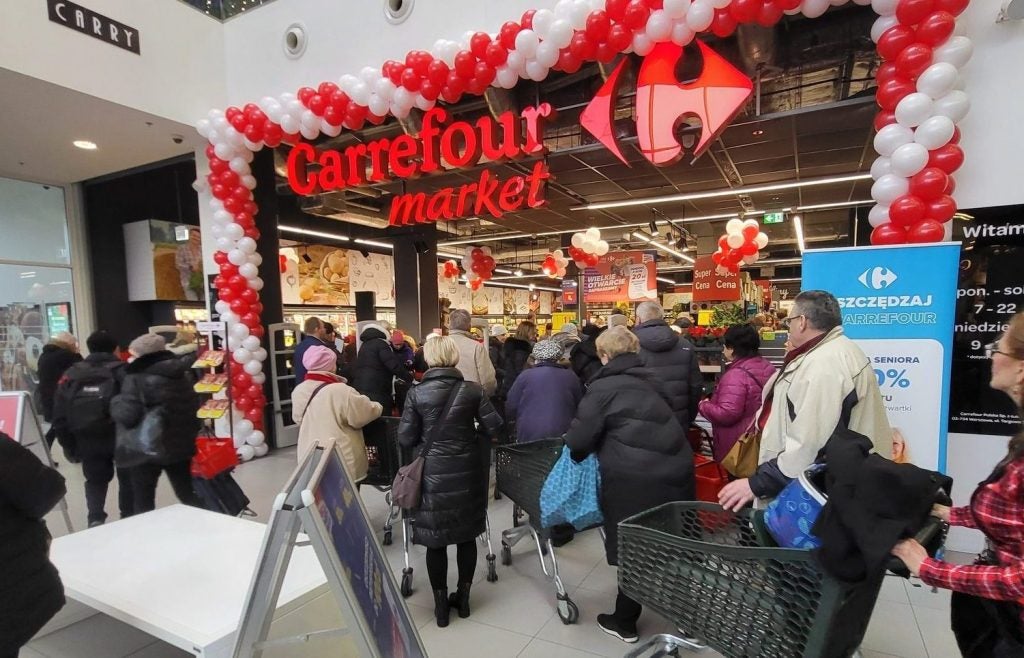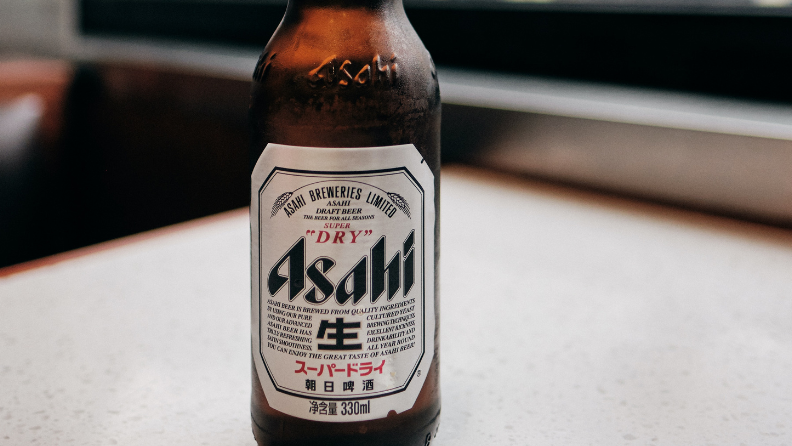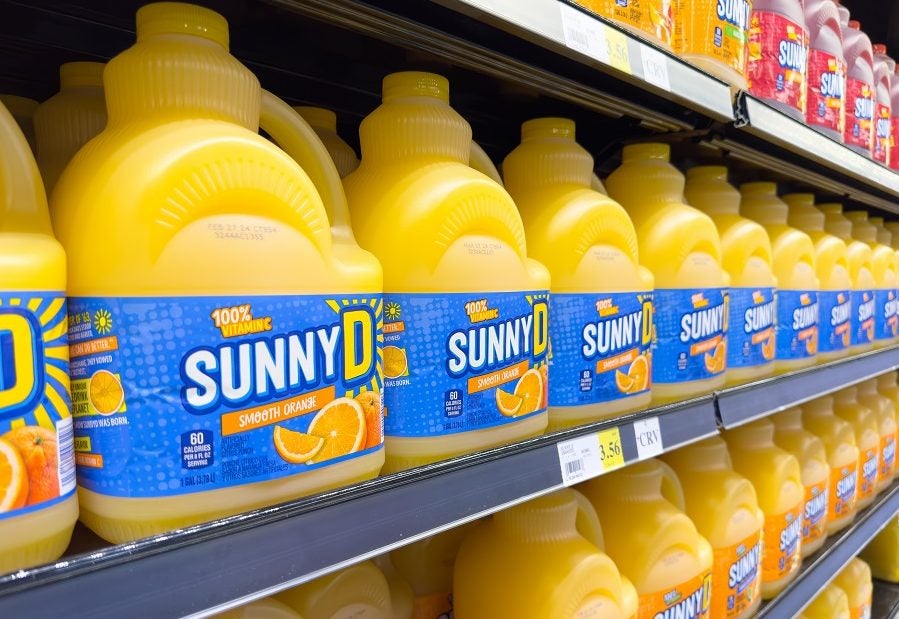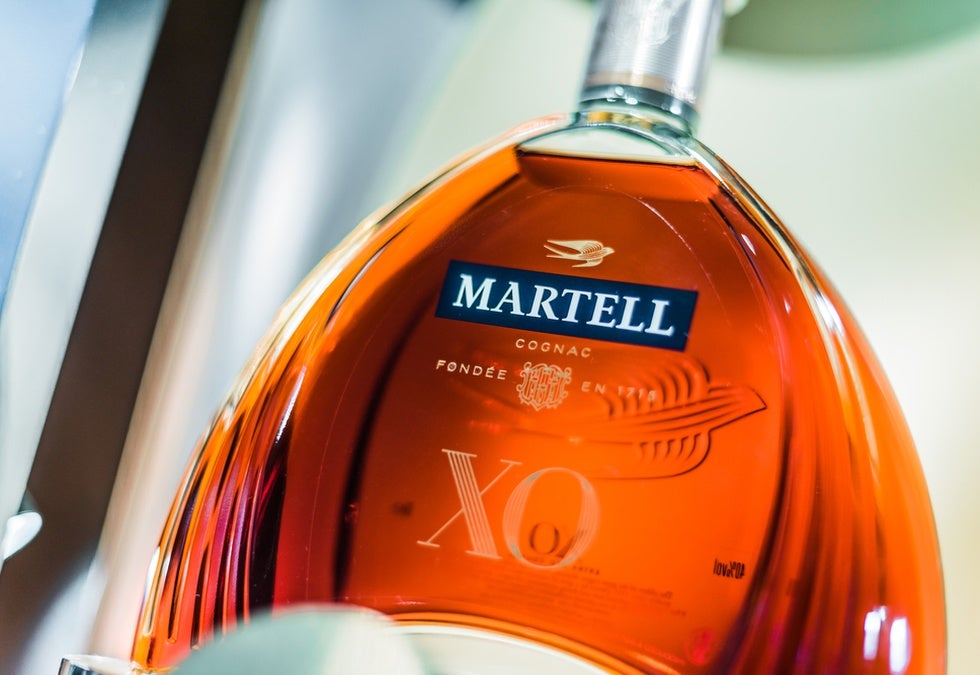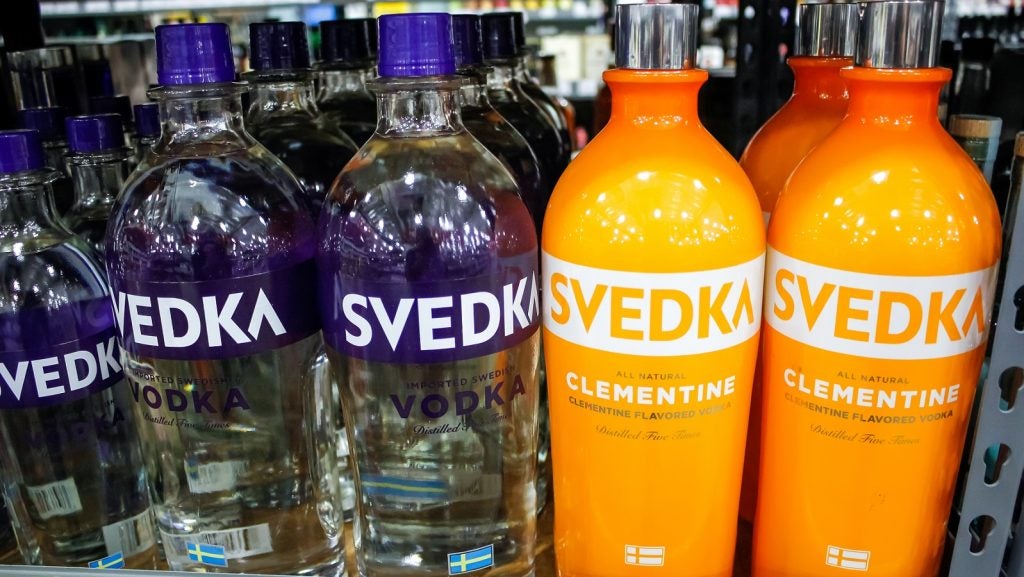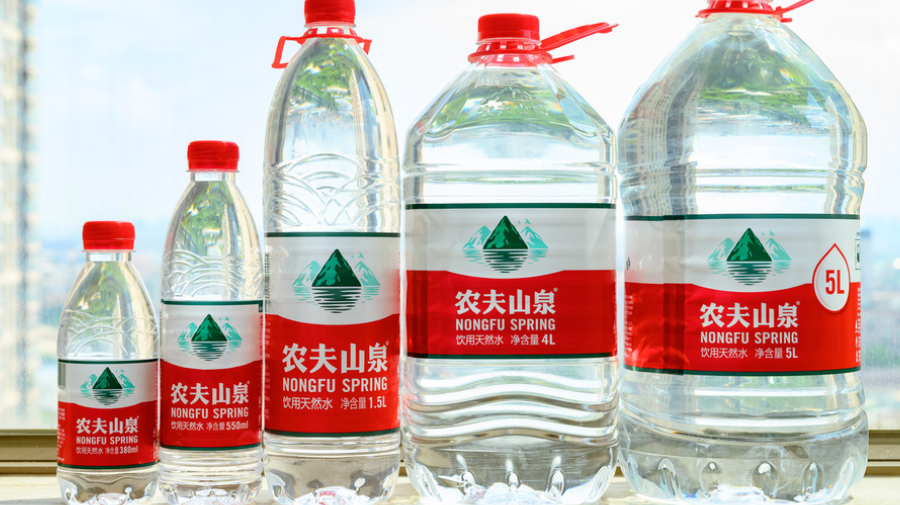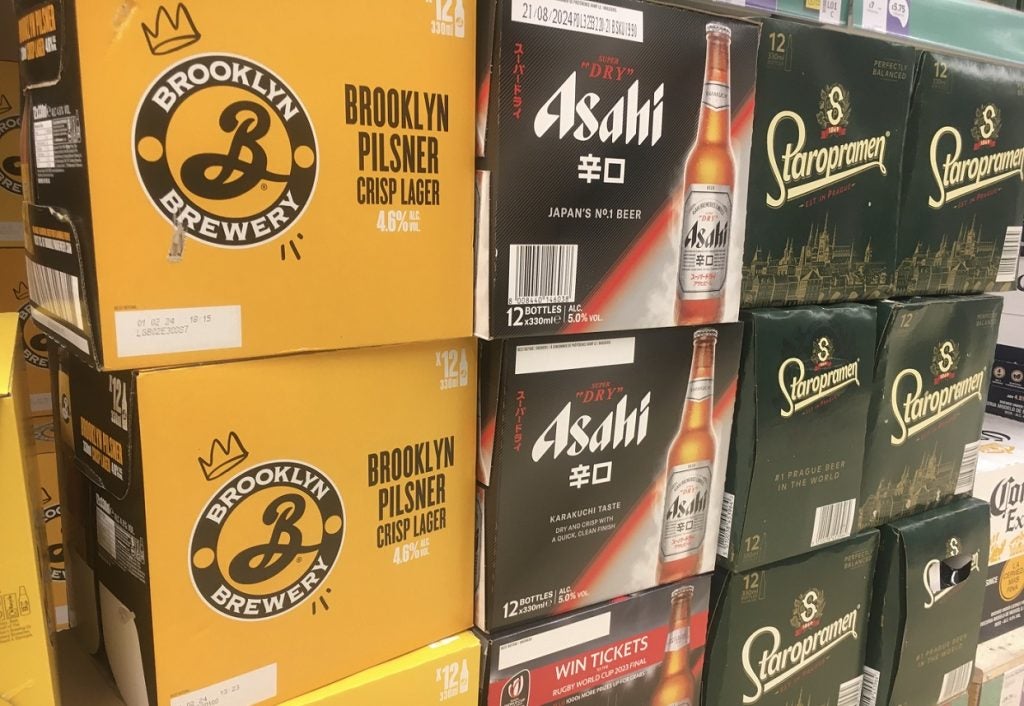Carrefour has also delisted PepsiCo products in Poland, the fifth country to feel the impact of the companies’ dispute over prices.
France kicked off the boycott campaign on 4 January and was then joined by Carrefour stores in Spain, Italy and Belgium. The France-headquartered supermarket giant has put up banners in the outlets saying “we no longer sell this brand due to an unacceptable price increase”.
PepsiCo responded last week via a spokesperson, claiming in a statement: “We’ve been in discussion with Carrefour for many months and we will continue to engage in good faith in order to try to ensure that our products are available.”
A spokesperson for Carrefour Poland said in a statement: “With reference to the emerging information about the failure of price negotiations between Carrefour and PepsiCo, the aim of which was to reduce the prices of this manufacturer's products for customers, we would like to inform you that Carrefour Polska will also limit cooperation with this supplier on the domestic market.”
Media reports in Poland suggested the ban on PepsiCo products also encompasses cereal such as Quaker oats.
Europe is PepsiCo’s largest geographical market in terms of revenues, taking in brands such as Lay’s and Doritos snacks to 7Up and Pepsi beverages.
In the US food heavyweight’s 2022 fiscal year, the region contributed $12.7bn in revenue to the group total of $86.3bn, according to the company’s annual report for those 12 months. The contribution in Europe was equally split 50-50 between beverages and “convenient foods”.
PepsiCo’s 2023 financial year ended on 30 December, so any impact on sales is unlikely to be felt until at least the first quarter of the new year.
Another supermarket behemoth in France – E. Leclerc – upped the ante last week on food and drinks manufacturers in the country’s quest to put pressure on suppliers to bring down prices.
President Michel-Edouard Leclerc took to LinkedIn to voice his opinion in the context of price negotiations taking place.
“Like you, we are fed up with inflation. You feel like you’ve been cheated. And since we’re in a period of negotiations, we’re putting pressure on our supplier,”
“In the coming month, we must therefore convince all those large suppliers who have made the mistake to increase their prices too much, to lower them now, or to moderate them.”
Speaking on BFM TV today (8 January), Leclerc said – as reported by Reuters – that price negotiations with all retailers are due to end on 31 January, confirming with the French network that E. Leclerc is still stocking Pepsi.
"I continue to sell Pepsi,” he said coyly when asked if E. Leclerc would follow Carrefour’s example in withdrawing products.
In Poland, as with France, food-price inflation had continued to run at a higher clip than prices in the overall economy. However, flash estimates issued by the local statistics agency on 5 January showed a potential change in the trend.
Prices of food and soft drinks rose at an annualised pace of 5.9% in December, slowing from 6.9% and 7.6%, respectively, in the previous two months. The overall consumer price index increased 6.1%, easing from 6.6% in November.
However, on a month-on-month basis, food and non-alcoholic beverages prices edged up 0.2%.
France’s national statistics body, Insee, said earlier this month that food prices likely rose at an annualised rate of 7.1% in December, easing slightly from 7.7% in November. That compares, for instance, to 12.1% in December 2022.
The consumer price index probably increased 3.7% in the 12 months through December, down from 3.5% in November, Insee reported in its provisional figures. In December 2022, the annualised rate stood at 5.9%.
Month-on-month, overall inflation could rebound to a positive 0.1%, from a 0.2% decline in November, the statistics agency noted.


